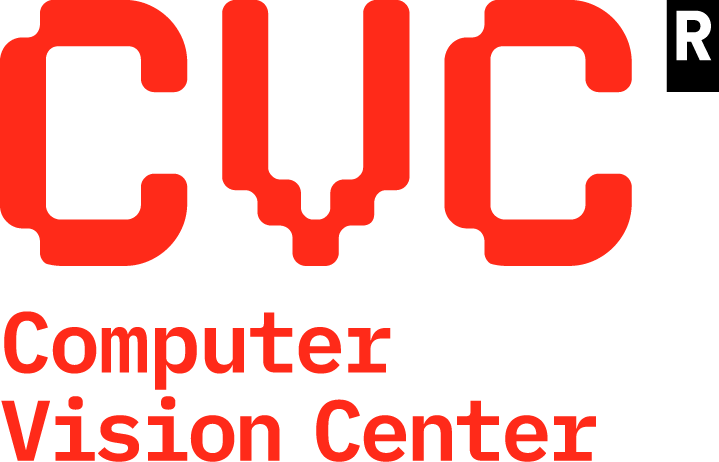DIH4CAT and the investment in advanced technologies
- Artificial intelligence
- Transversal services
- Monday, 28 November 2022 From 4 pm to 5.15 pm

The Government of Catalonia and a dozen economic agents announced last May the creation of the Digital Innovation Hub of Catalonia (DIH4CAT) to accelerate the incorporation of advanced technology by Catalan companies and institutions. This is a public-private consortium made up of the main agents supporting digitalisation in Catalonia, which aims to promote the technological transformation of small and medium-sized enterprises (with a special focus on industrial sectors and technology providers), technological start-ups and public entities.
This commission, which will be held on Monday 28 November, aims to bring us closer to the DIH4CAT, as well as to the artificial intelligence node and to show companies how they can use them through the coupons and the different initiatives proposed.
Objectiu de l'acte
Approach the DIH4CAT, as well as the artificial intelligence node and show companies how they can use it through the coupons and the different initiatives proposed.
T'interessa si ets...
If you are a company that wants to know how to make use of the testing coupons
Programa
-
4.00 p.m.
Welcome
Anna Ma Sánchez Granados, president of the Foment del Treball Digital Society Commission
-
4.05 p.m.
Presentation of the Digital Innovation Hub of Catalonia (DIH4CAT) and the Industry 4.0 coupons for testing advanced digital technologies
Mr. Carles Miranda, Industry 4.0 and Circular Economy Manager, ACCIÓ, Generalitat de Catalunya
-
4.25 p.m.
Presentation of the DIH4CAT artificial intelligence node. Services for companies to foster the adoption of artificial intelligence and data technologies
Ms. Aina Bernal, CIDAI Business Developer and other representatives from EURECAT and the Computer Vision Centre (CVC)
-
4.45 p.m.
Presentation of the EULEN Group's Digital Transformation Room
Mr. Ricardo Gabarró López, Director of R+D+I
-
5.05 p.m.
Exhibition of the results of the Digitalitzat programme
Ms. Maria Mora, Director of Innovation at Foment del Treball
-
5.15 p.m.
Discussion and end of the session

















